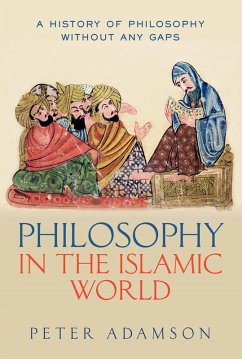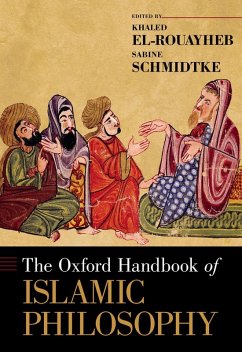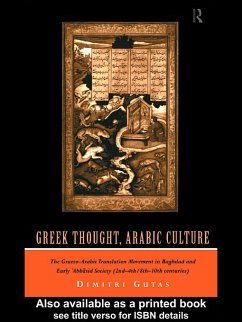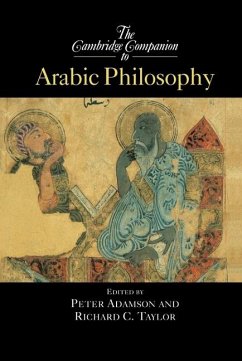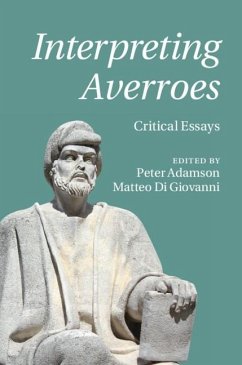
Self-Awareness in Islamic Philosophy (eBook, ePUB)
Avicenna and Beyond
Versandkostenfrei!
Sofort per Download lieferbar
16,95 €
inkl. MwSt.
Weitere Ausgaben:

PAYBACK Punkte
8 °P sammeln!
This important book investigates the emergence and development of a distinct concept of self-awareness in post-classical, pre-modern Islamic philosophy. Jari Kaukua presents the first extended analysis of Avicenna's arguments on self-awareness - including the flying man, the argument from the unity of experience, the argument against reflection models of self-awareness and the argument from personal identity - arguing that all these arguments hinge on a clearly definable concept of self-awareness as pure first-personality. He substantiates his interpretation with an analysis of Suhrawardi's us...
This important book investigates the emergence and development of a distinct concept of self-awareness in post-classical, pre-modern Islamic philosophy. Jari Kaukua presents the first extended analysis of Avicenna's arguments on self-awareness - including the flying man, the argument from the unity of experience, the argument against reflection models of self-awareness and the argument from personal identity - arguing that all these arguments hinge on a clearly definable concept of self-awareness as pure first-personality. He substantiates his interpretation with an analysis of Suhrawardi's use of Avicenna's concept and Mulla Sadra's revision of the underlying concept of selfhood. The study explores evidence for a sustained, pre-modern and non-Western discussion of selfhood and self-awareness, challenging the idea that these concepts are distinctly modern, European concerns. The book will be of interest to a range of readers in history of philosophy, history of ideas, Islamic studies and philosophy of mind.
Dieser Download kann aus rechtlichen Gründen nur mit Rechnungsadresse in A, B, BG, CY, CZ, D, DK, EW, E, FIN, F, GR, HR, H, IRL, I, LT, L, LR, M, NL, PL, P, R, S, SLO, SK ausgeliefert werden.





